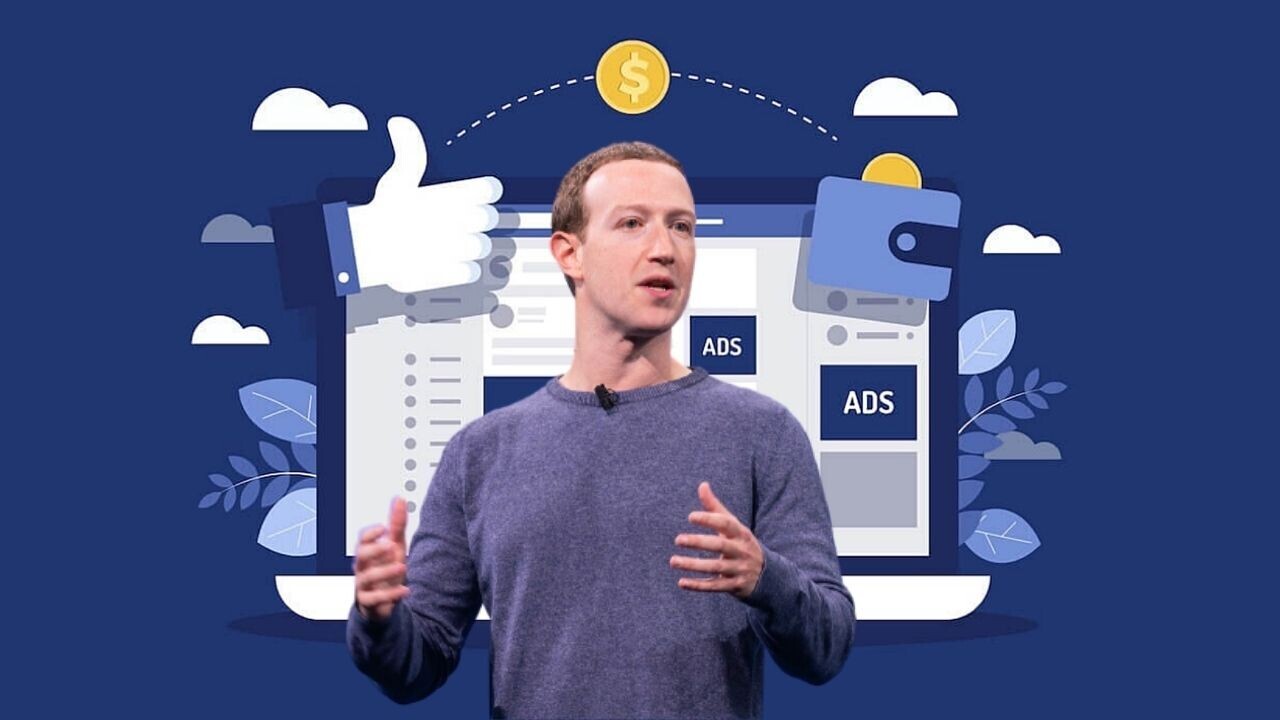Researchers and lawmakers have slammed Facebook for disabling the accounts of academics who were analyzing political ads on the platform.
The company on Tuesday shut down accounts, apps, pages, and platform access associated with the NYU Ad Observatory, which investigates the transparency of online political ads. Facebook said the team’s data collection methods violated the social network’s rules around user privacy.
Laura Edelson, one of the researchers whose accounts was banned, slated Facebook’s actions:
Facebook is silencing us because our work often calls attention to problems on its platform. Worst of all, Facebook is using user privacy, a core belief that we have always put first in our work, as a pretext for doing this. If this episode demonstrates anything it is that Facebook should not have veto power over who is allowed to study them.
Democratic Senator Mark Warner issued a statement defending the project. He described Facebook’s actions as “deeply concerning.”
Why Facebook disabled the accounts
Facebook said the bans were due to concerns about a browser extension used by the researchers.
The group had collected data through a plugin called Ad Observer, which volunteers could download to generate copies of Facebook ads they saw. This information was used to build a public database that researchers can use to investigate who ads are targeting and how they’re funded.
The extension generated powerful insights into ad targeting and misinformation on the social network, but Facebook says the tool violated the company’s terms of service.
In a blog post, Mike Clark, Facebook’s product management director, said the project used “unauthorized means” to access and collect data from Facebook:
[The extension] was programmed to evade our detection systems and scrape data such as usernames, ads, links to user profiles and ‘Why am I seeing this ad?’ information, some of which is not publicly-viewable on Facebook. The extension also collected data about Facebook users who did not install it or consent to the collection. The researchers had previously archived this information in a now offline, publicly-available database.
But Facebook’s response left out an important detail: the users who had data collected without their consent are advertisers.
“Facebook should not be able to cynically invoke user privacy to shut down research that puts them in an unflattering light, particularly when the ‘users’ Facebook is talking about are advertisers who have consented to making their ads public,” tweeted Edelson.
is not in the public interest. Facebook should not be able to cynically invoke user privacy to shut down research that puts them in an unflattering light, particularly when the “users” Facebook is talking about are advertisers who have consented to making their ads public. 3/3
— Laura Edelson (@LauraEdelson2) August 4, 2021
The shutdown will deprive researchers of valuable information on ad targeting and misinformation on Facebook. It also heightens concerns about the platform controlling scrutiny of its practices.
Greetings Humanoids! Did you know we have a newsletter all about AI? You can subscribe to it right here.
Get the TNW newsletter
Get the most important tech news in your inbox each week.






